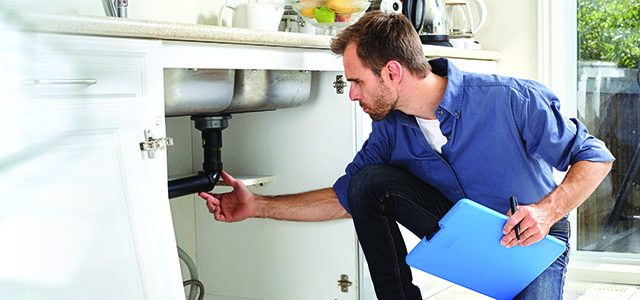In this article:

Pre-purchase building inspections can protect you from unpleasant and financially crippling surprises. Unfortunately, they can also disappoint.
Many states have no standards or regulations about who can set up a building inspection business. This means anyone with minimal knowledge or experience can claim to be an inspector.
Knowing how to choose a professional and understanding what to expect from their report can make a world of difference. A thorough pre-purchase inspection is a valuable contribution to your due diligence research.
How to choose a good building inspector
Start off by looking at credentials. Your safest bet is to choose an inspector who is a licensed builder, surveyor or architect. Better still, they also belong to a professional industry body and have extensive trade experience.
Ask how many inspections they’ve done in the last 12 months. You want someone who can communicate well because you may need to talk through any property defects or problems and the likely costs of repair.
Be sure to check they are personally inspecting your property. Also ask if they are contactable to have a discussion with you about the report findings.
Request a copy of their Certificate of Currency as proof they have professional indemnity insurance. Without insurance there is little chance you’ll receive financial compensation should you take legal action against them for faulty findings.
Be wary of buying a building inspection report commissioned by sellers or real estate agents because there is no guarantee of independence.
What to expect from an inspection
If your property is located where termites are a known problem, you’ll need a separate pest inspection report
A pre-purchase building inspection will reveal any visible areas of the home with major and minor faults, such as cracks in walls, rotting timber, safety hazards, mould or a faulty roof. There is an Australian Standard that the report must comply with, but its detail will depend on the type of property and the inspector’s area of expertise.
Any visual damage done by termites will be included in the report, but it falls short of a pest inspection. If your property is located where termites are a known problem, you’ll need a separate pest inspection report to tell you the extent of the danger.
A thorough building inspection will include all buildings on the property, including the garage and shed. The inspector should look at the interior, exterior, roof space, underfloor space and roof exterior.
If they can’t get access to an area – such as not being able to fit under the floor because the house stumps are too low – this area won’t be included in the report. Despite this, your inspector should check for tell-tale signs of a problem. For example, a crack in a wall can be a sign that the house foundation is unstable. Rotting timber can show that water is saturating the timber.
Inspection reports typically don’t include an estimate of repair costs. For this reason, it’s a good idea to choose an inspector who is willing to provide verbal cost advice based on their knowledge of the building trade.
When to book an inspection
Are you worried about spending money on pre-purchase inspections for properties you want to buy, only to later discover are out of your price range?
Before going ahead with a building inspection, you need to know you’re on the money. In other words, do your research to find out whether the property is truly in your price range. Don’t look at other listing prices or listen to what the real estate agent quotes as a price guide. Instead, study the recent relevant sales in the last three months in the area you’re looking to buy in. Also ask the agent to tell you what are the most relevant comparison properties that match with the property you want to buy.
Once you’ve uncovered a realistic estimate of the property’s value, you can decide whether to become a serious buyer. Only then book a pre-purchase inspection.

 Contact Us
Contact Us Find a Broker
Find a Broker